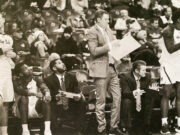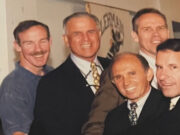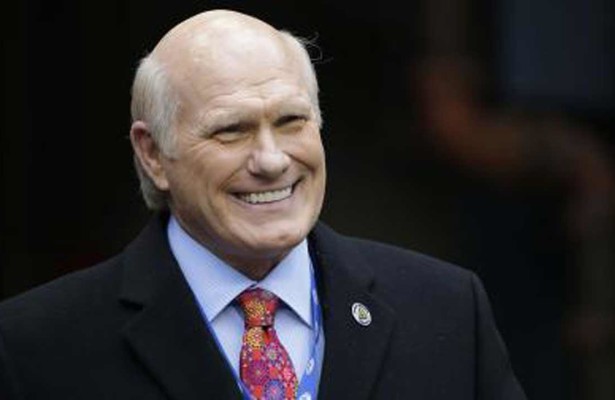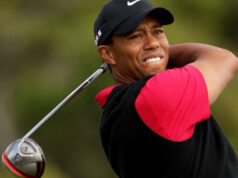Terry Bradshaw was drafted in the 1970 NFL Draft. He played quarterback for the Pittsburgh Steelers from 1970 – 1983. As quarterback, he led the Steelers to win four Super Bowl titles. In addition, he was a two time MVP in Super Bowls and inducted into the Pro Football Hall of Fame. Throughout all these accomplishments Bradshaw struggled with clinical depression – also known as major depression. Major depression is the leading cause of disability in the United States.
After his career came to a close, Terry Bradshaw was able to talk about his illness. He noted that after many games he would suffer from panic attacks. When he got divorced for the third time, he sank into a very dark period. His symptoms included weight loss, frequent crying and sleeplessness. When he began taking Paxil, an anti-depressant, these symptoms became manageable.
At least six million men in the United States suffer from depression. Men, more often than women, go undiagnosed. Men often externalize their symptoms and show irritability, anger, aggressiveness, substance and alcohol abuse, risk taking behaviors and workaholism. It is said, “Men don’t get depressed, they just work, drink and compete harder.” It is the “perfect” solution for any athlete who suffers with depression.
One problem men have in getting help is the shame that comes along with admitting that they have a mental pain. Their attempts to hide depression or anxiety often surface in self and other destructive behaviors. Depression can affect memory, cause isolation and destroy important relationships. Men can often come across as the life of the party. Stereotypically, comedians are known to struggle with much psychological pain – showing the opposite of how they feel. When criticized men will get angry and extremely defensive.
Coaches should be aware that depression in their athletes will not take the form that is easily recognizable and therefore treatable. The symptoms will get perverted into athletes who can’t get along with other players, take illegal mediations, miss practices, getting into altercations with other players, the coaching staff, use of performance enhancing drugs, etc.














